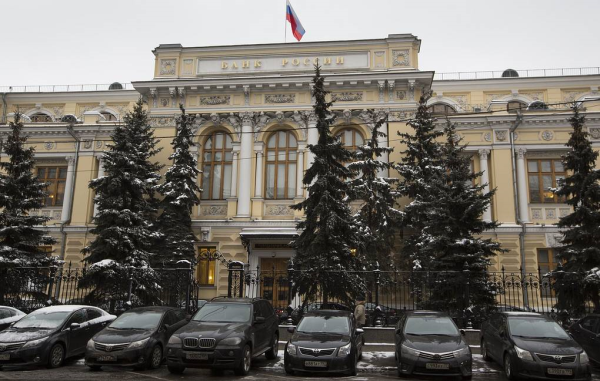ຂປລ
(KPL /TASS) Russian GDP may decline by 1% next year, Russian First Deputy Prime Minister Andrey Belousov has told the Rossiya-24 television channel.

The government expects the year 2023 to be better than 2022 for the Russian economy
(KPL /TASS) Russian GDP may decline by 1% next year, Russian First Deputy Prime Minister Andrey Belousov has told the Rossiya-24 television channel.
"Naturally, the [economic growth] of 3% will not be achieved next year. It will certainly be lower. I think it will hover around zero. Our forecast is approximately minus one percent, maybe slightly less. Something like 1-0%. The first quarter and the beginning of this year were very good, so maybe there will be some base effect," he said.
In his words, the government expects the year 2023 to be better than 2022 for the Russian economy.
"Generally speaking, if nothing happens, then we expect 2023 to be way easier than 2022 for the Russian economy. We project no fatal problems of any kind. We have managed to get hold of the situation in the first half of 2022, and everything is now under control," the first deputy prime minister added.
Earlier, the Bank of Russia presented its adjusted mid-term outlook, which suggested an upgraded GDP dynamics outlook for 2022. In particular, the regulator expects GDP contraction by 3-3.5% in 2022. The Russian economy is projected to start growing in the second half of 2023, though by the end of the year the GDP growth rate will remain negative, ranging from -4% to -1%. In 2024-2025 Russia’s GDP will add 1.5-2.5% each year, the regulator said. In its previous forecast the Central Bank expected GDP contraction by 4-6% in 2022, 1-4% for 2023, and GDP growth by 1.5-2.5% was projected for 2024.
At the same time, the Russian Economic Development Ministry expects a reduction in the Russian GDP by 2.9% by the end of 2022, with subsequent decline of 0.8% in 2023 and the growth of 2.6% in 2024 and 2025.
KPL